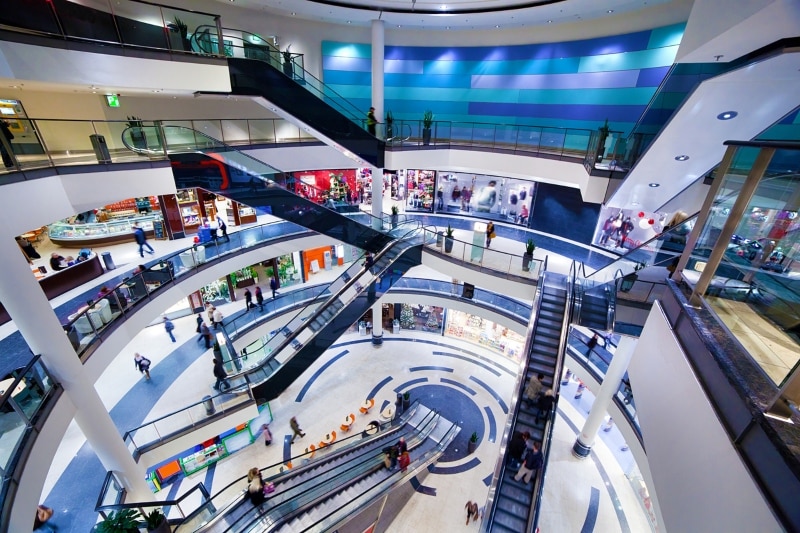With the rise of environmental, social, and governance (ESG) investing, sustainability has emerged as a paramount concern for investors, developers, and property owners across Vietnam. This shift underscores the necessity of aligning strategic objectives with market demands for sustainable practices, moving away from exclusive focus on luxury developments.
According to projections by real estate specialists Cushman and Wakefield, the combined retail supply serving Ho Chi Minh City and Hanoi is expected to reach three million square meters by 2027. Projects in various stages of development, such as Lotte Eco Smart City and Empire City in the Thu Thiem new urban area of Ho Chi Minh City are actively pursuing Leadership in Energy and Environmental Design (LEED) green-building certification.
Similarly, several ongoing commercial projects like Tien Bo Plaza in Hanoi have applied for LEED standards assessment.
Country head of Cushman and Wakefield Vietnam highlights the benefits of incorporating green-building certifications, including bolstering the developer’s corporate image and the reputation of the developments. Additionally, environmentally friendly commercial buildings often command higher rents, enjoy better market prices, and demonstrate greater resilience to market fluctuations.
Shopping malls are diversifying their offerings beyond mere shopping experiences to attract visitors of all demographics, incorporating elements like food and beverage outlets, fashion outlets, supermarkets, cinemas, children’s play areas, gyms, exhibition venues, music venues, green spaces, and even aquariums.
The company also emphasizes that investors, developers, and commercial property owners in Vietnam must acknowledge the growing popularity of responsible and ESG investing principles. This trend compels them to prioritize sustainability as a core business objective, aligning with capital market expectations rather than solely focusing on luxury developments.
(Source: The Star)
